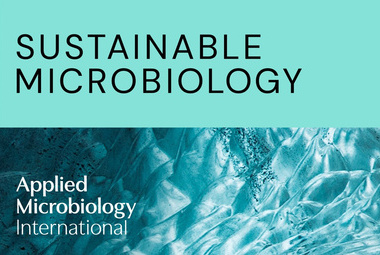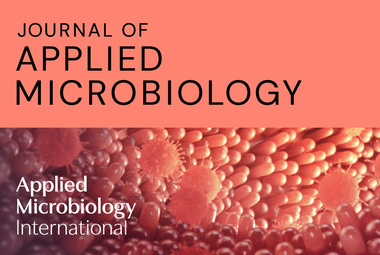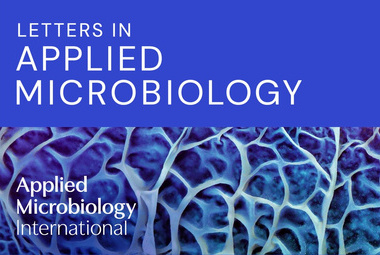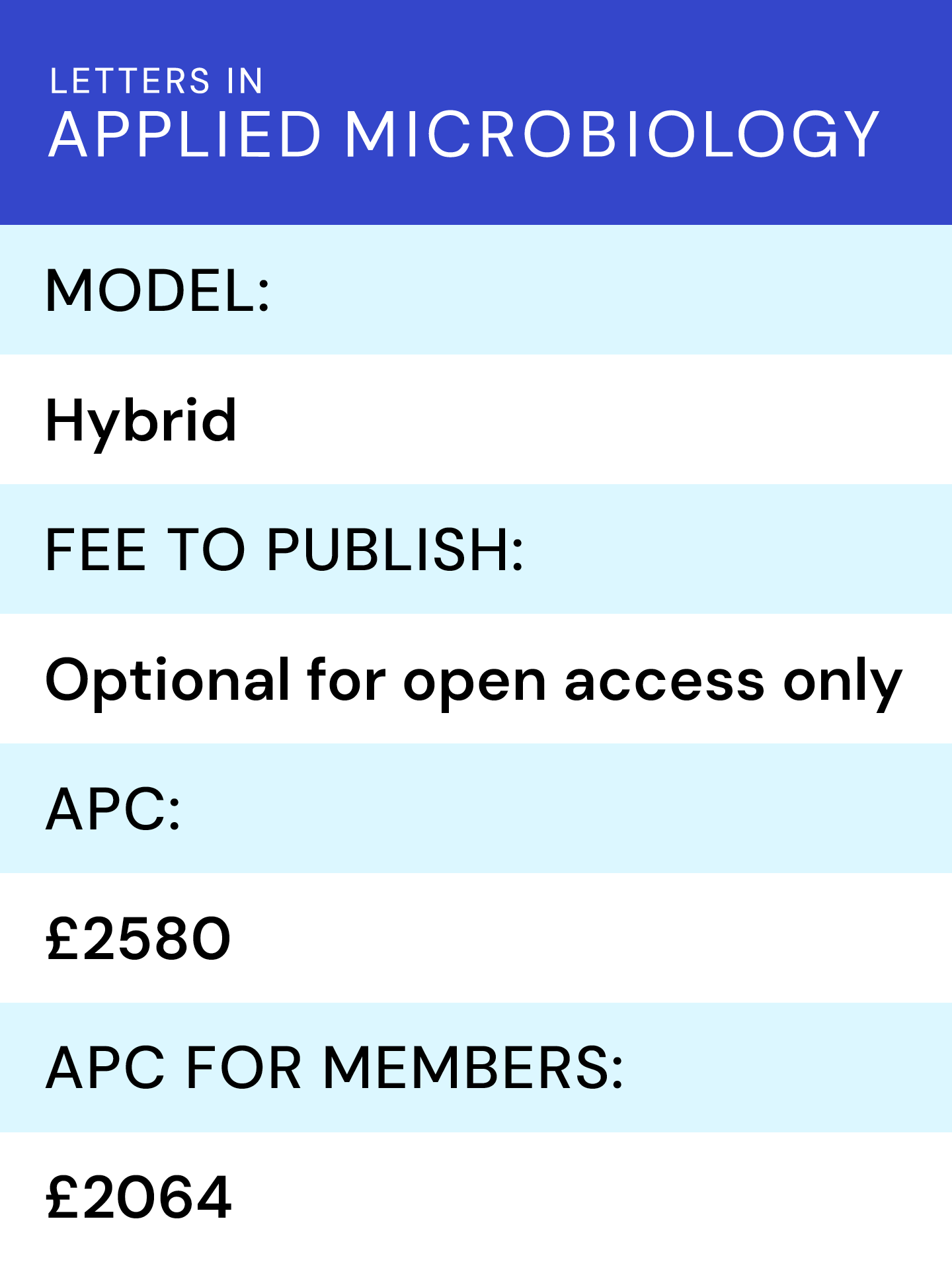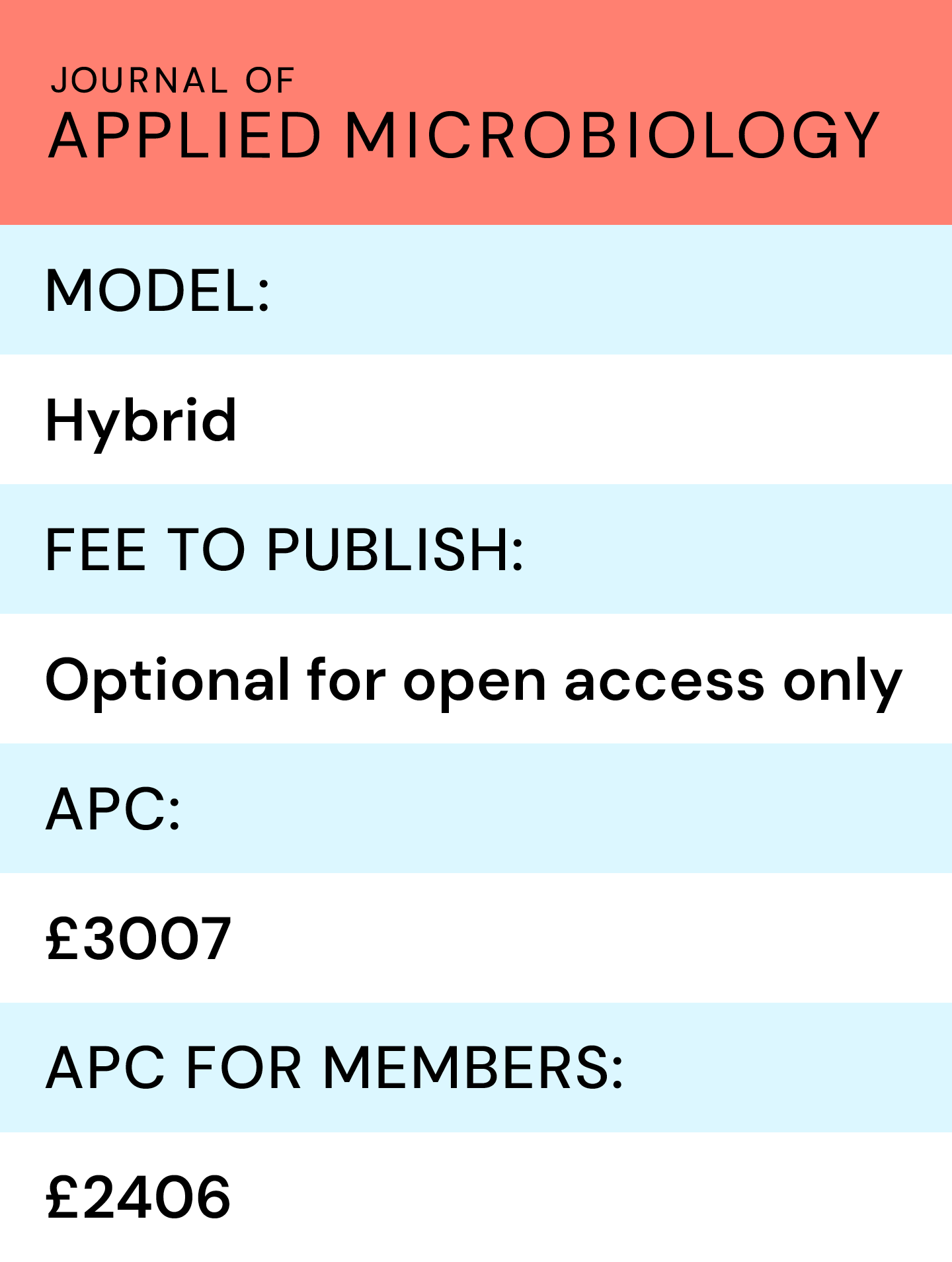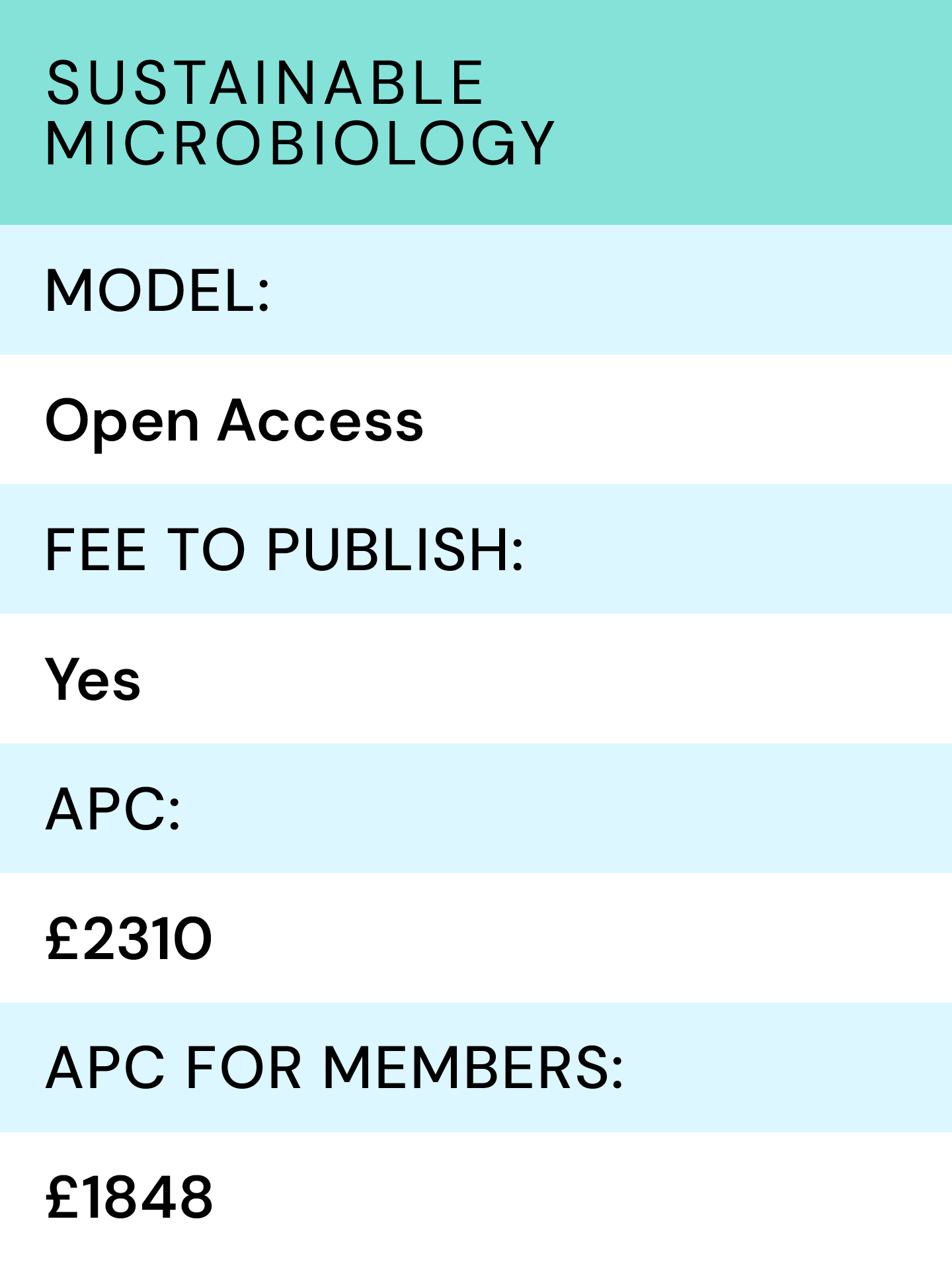AMI Journals

At Applied Microbiology International, we publish three internationally acclaimed journals in partnership with Oxford University Press. Our journals cover all areas of applied microbiology and combine the highest levels of scientific rigour with global expertise to publish the latest cutting-edge research in our field from around the world. We aim to provide a suitable home for the research of all authors working towards AMI’s goals, whatever your financial means or geographical location. You can read the latest research from our journals relating to our six goals on the AMI Journals site.
You can also stay up to date with journal news by completing the form below to be added to our Publishing Mailing List.
 Why publish with AMI Journals?
Why publish with AMI Journals?
AMI and our publisher, Oxford University Press, are non-profit organisations, and we invest our surplus back into the research community. By publishing in our journals, you enable AMI to provide grants, run events, and carry out our policy and advocacy work and OUP to safeguard the future of hundreds of high-quality society-owned research journals.
AMI Journals offer:
 Publishing benefits for AMI members
Publishing benefits for AMI members
Members of AMI enjoy full online access to all subscription content across our journals, along with significant discounts on open access publishing charges.
- A 20% discount on open access publishing fees for AMI members
- Free online access to our subscription content via the members’ area
Sustainable Microbiology is the latest addition to our journal portfolio. It is an interdisciplinary open access journal, which aims to demonstrate the current and future role of microbes in improving global economic, social, and environmental sustainability. It is the first AMI Journal to publish policy papers alongside research and reviews. Authors are required to demonstrate the application of microbiology in helping to achieve one or more of the UN Sustainable Development Goals. Visit the journal website to read the full aims and scope, submit your work and read the latest content.
SUSTAINABLE MICROBIOLOGY
A broad-scope, fully open access journal aiming to demonstrate the current and future role of microbes in improving global economic, social, and environmental sustainability.
Journal of Applied Microbiology is the flagship journal of AMI and launched in 1938. Journal of Applied Microbiology aims to publish studies which represent a significant advance in the field. Led by an international Editorial Board of leading experts, the journal serves as a platform to promote all aspects of applied microbiology. Visit the journal website to read the latest content and submit your work.
JOURNAL OF APPLIED MICROBIOLOGY
Launched in 1938, the journal aims to publish studies which represent a significant advance in the field and serves as a platform to promote all aspects of applied microbiology.
Letters in Applied Microbiology aims to be the journal to support and develop the next generation of applied microbiologists. With a focus on the quality of science, we do not exclude papers based on subjective views of their potential impact. Globally inclusive, we have a new mentoring programme for young editors, which you can read about here. Visit the journal website to view the Editorial Board, read the latest content and submit your work.
LETTERS IN APPLIED MICROBIOLOGY
A flagship journal that supports and develops the next generation of applied microbiologists, providing rapid publication of short well-designed studies containing robust datasets and insightful analysis.
It is free to publish in our hybrid journals if you choose the subscription route. Authors who prefer open access can pay an article processing charge (APC) to make their work freely available under a Creative Commons licence. Our fully open access journal charges an APC as standard. Many institutions have agreements with Oxford University Press that cover these costs centrally, meaning authors at those institutions do not need to pay. We also offer a generous waiver scheme for authors based in developing countries.
If your institution does not subscribe to our journals, please recommend them to your librarian.
For members who cannot take advantage of these schemes we have a 20% member discount. Please see the tables and links below for full details.
2026 Pricing
Check here to see if your institution has a publishing agreement with OUP.
OUP has a waiver policy for lower-income countries, check if your country qualifies here.
Members will need to enter their membership number on submission to claim the discount.
If you would like to be added to our reviewer database, please send a CV to [email protected].
AMI offers a year’s complimentary membership to reviewers who complete six or more timely, high-quality reviews across our journal portfolio in the calendar year. We regularly assess reviewer performance to look for outstanding individuals to promote to our editorial boards.

